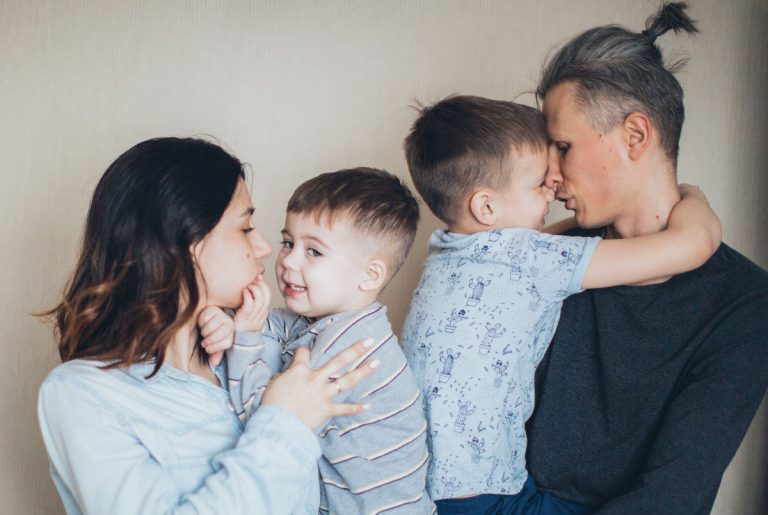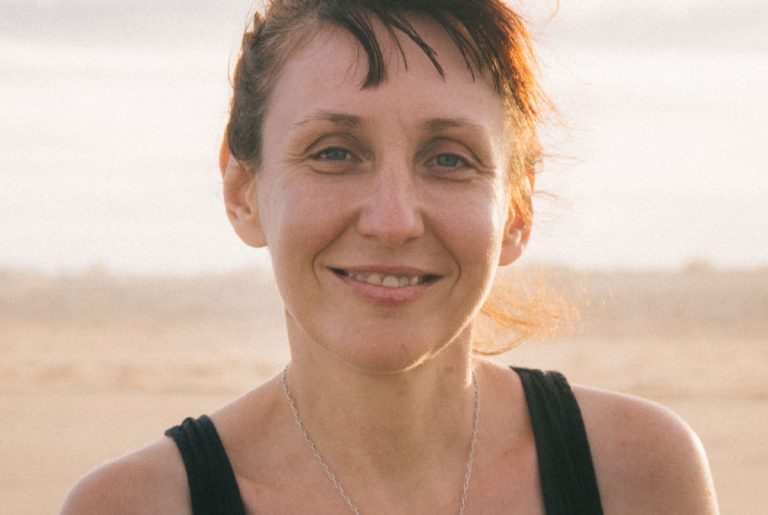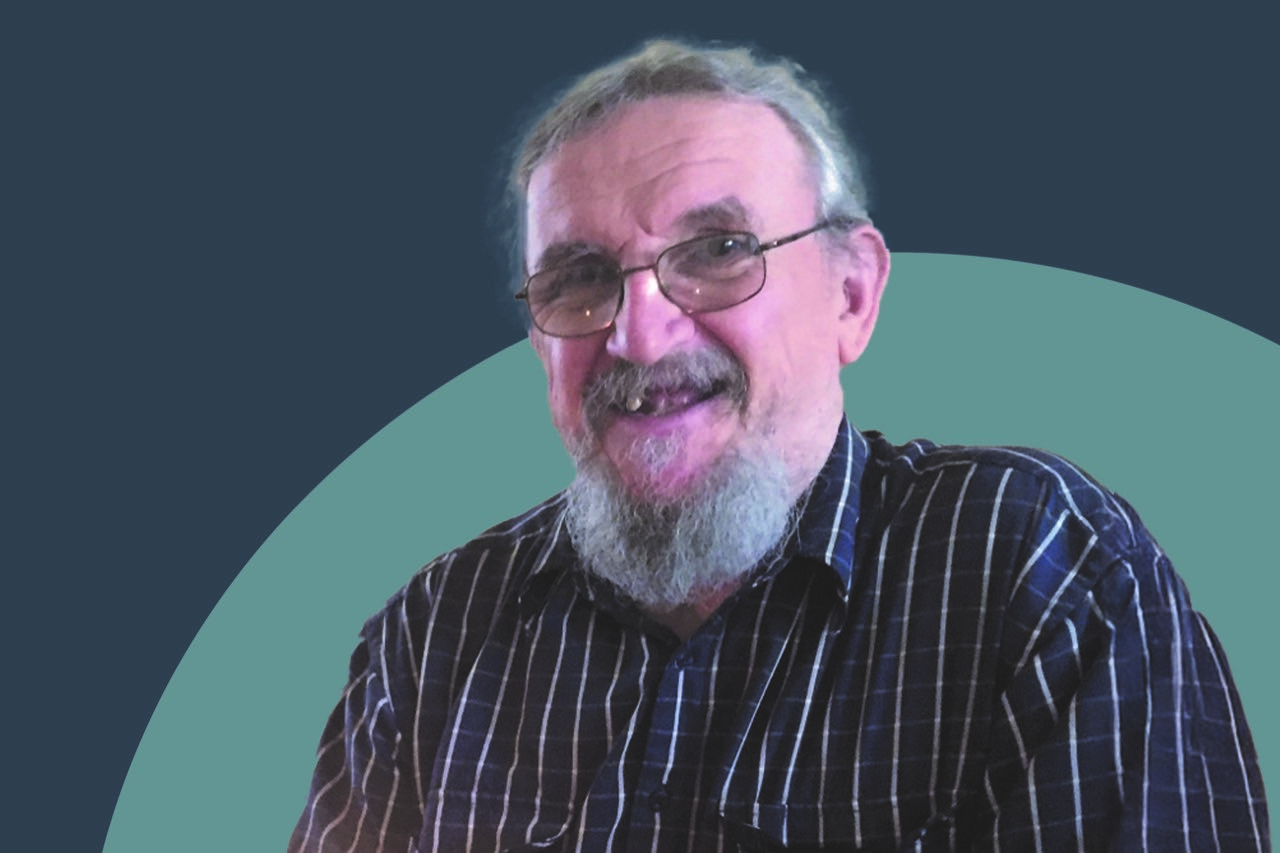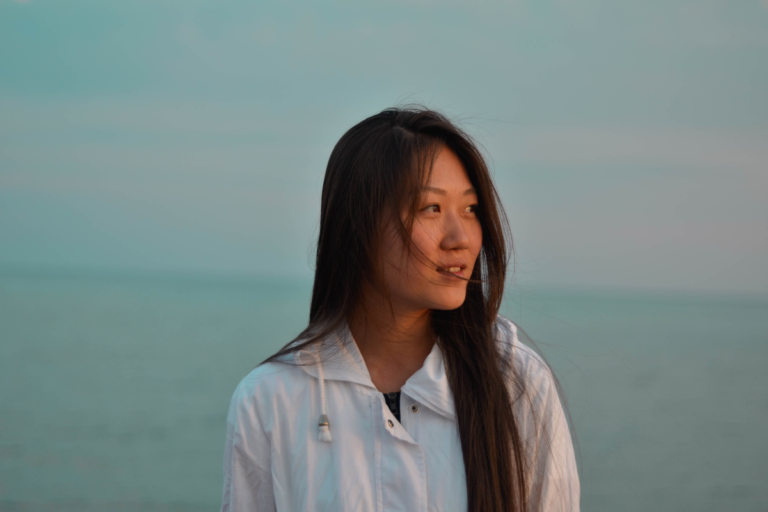When Karl was first referred to Relationships Australia NSW, he was caring for his second wife, Bonnie, whose physical health was slowly deteriorating.
At the time, Bonnie, who has cerebral palsy, had recently lost her ability to speak clearly and Karl was primarily responsible for her care and advocating for her needs. He described this change and Bonnie’s health decline as another “loss” in his life, grieving a person he has known for over 40 years.
While Karl was initially referred to a counsellor for six sessions as a carer, he began to reflect on the traumas he’d endured over his life and the ongoing influence it had on himself and his relationships with others.
He decided to continue individual counselling and explore some of these challenges further.
At six years old, Karl and his family migrated to Australia from Austria, which was dealing with the aftermath of World War 2. They moved to Sydney’s western suburbs, where Karl was treated by his peers like an outsider, and he struggled to make many friends.
He recalls happy childhood moments, like making apple strudel and filo pastry with his mother, however many of his memories were overshadowed by a father who was emotionally abusive.
Hopeless. No good. Incapable.
These were the types of messages Karl’s father would drill into him, which he started believing.
At 14, when Karl’s mother passed away, he dropped out of high school, left home, and slept on the streets. This might seem like a scary prospect to some, but staying at home with his dad was far more terrifying.
Karl quickly found a new way of life in Sydney’s infamous Kings Cross, discovering where you could get a cup of coffee until the early hours of the morning and the notorious areas to avoid.
It was also during this time that Karl started using drugs and sought the help of the Wayside Chapel’s Drug Referral Centre (DRC). At the DRC, Karl was welcomed into a warm community that helped him find places to stay, referred him to jobs, and made him feel deserving and worthwhile.
Karl remembers one social worker, Helen, who convinced him to start working as a volunteer at the DRC.
“I was always told I couldn’t do anything,” Karl said. “I didn’t feel like someone actually valued me for a long time, and Helen told me that I could.”
It must have been fate for Karl to start working at DRC because it was a on a nightshift that he met his first wife, Kerry.
The two were transformative forces in each other’s life and eventually moved away from King’s Cross to start fresh.
Despite not graduating high school, Karl worked hard to be accepted into university, and he went on to study subjects he really liked especially philosophy
“I dropped out in my first year of university – I had a tough time believing that I could do anything,” he said.
“I worked for six months and then went back for a second year, which I loved. It was like being given a new life.”
After graduating, Karl was employed in the library and as a research worker at the University of New South Wales – a position he proudly held for over 18 years. He loved helping people find books, using the library catalogue, and supporting academics and their research.
For someone who was told they would amount to nothing, Karl consistently overcame the doubts – both from others and the negative self-talk in his head.
It’s only been recently, particularly during his counselling sessions, that Karl has been able to change how he thinks about himself.
“All those messages my father told me came back and my counsellor, Lorraine, made me feel those messages weren’t right,” he said.
“You are capable. You can do things. She’s taught me to look at achievements or events that I thought were insignificant and not to write them off. I hope people learn that those messages can change and they’re not set in stone. Things that once felt true to me, don’t feel true to me anymore.”
He also credits his counsellor’s non-judgemental approach to helping him talk through his experiences.
“With Lorraine, I could talk about things I had never, ever talked about in my life.
“She’s one of those special people that you run across in life who will listen to you. She wasn’t there to do things for me, but to be with me, and that made all the difference.”
*Images have been changed
If you’d like to talk to someone in a non-judgemental, safe space – we can help you. Our Individual Counselling service can support you to explore your thoughts, feelings and experiences, while giving you practical tools to move forward.
Related Services & Workshops

Counselling.Families.Life Transition
Family Counselling
Our trained and compassionate family therapists provide Family Counselling services online and in-person throughout NSW. Family Counselling provides a safe space to address problems, hear each other’s perspectives, overcome difficulties, improve communication, and restore and strengthen relationships.

Counselling.Individuals.Older People.LGBTQIA+
Individual Counselling
Life can be full of ups and downs. While we may be able to overcome most challenges by ourselves, sometimes we need some extra support. Individual Counselling offers a supportive environment to identify and manage problems and concerns.

Tailored Services.Individuals.Trauma.Aboriginal + Torres Strait Islanders
Wattle Place
Wattle Place offers inclusive support for adults who experienced institutional or foster care as children, were impacted by forced adoption practices, or experienced institutional child sexual abuse. Our services provide assistance personalised to your individual needs and experiences.






